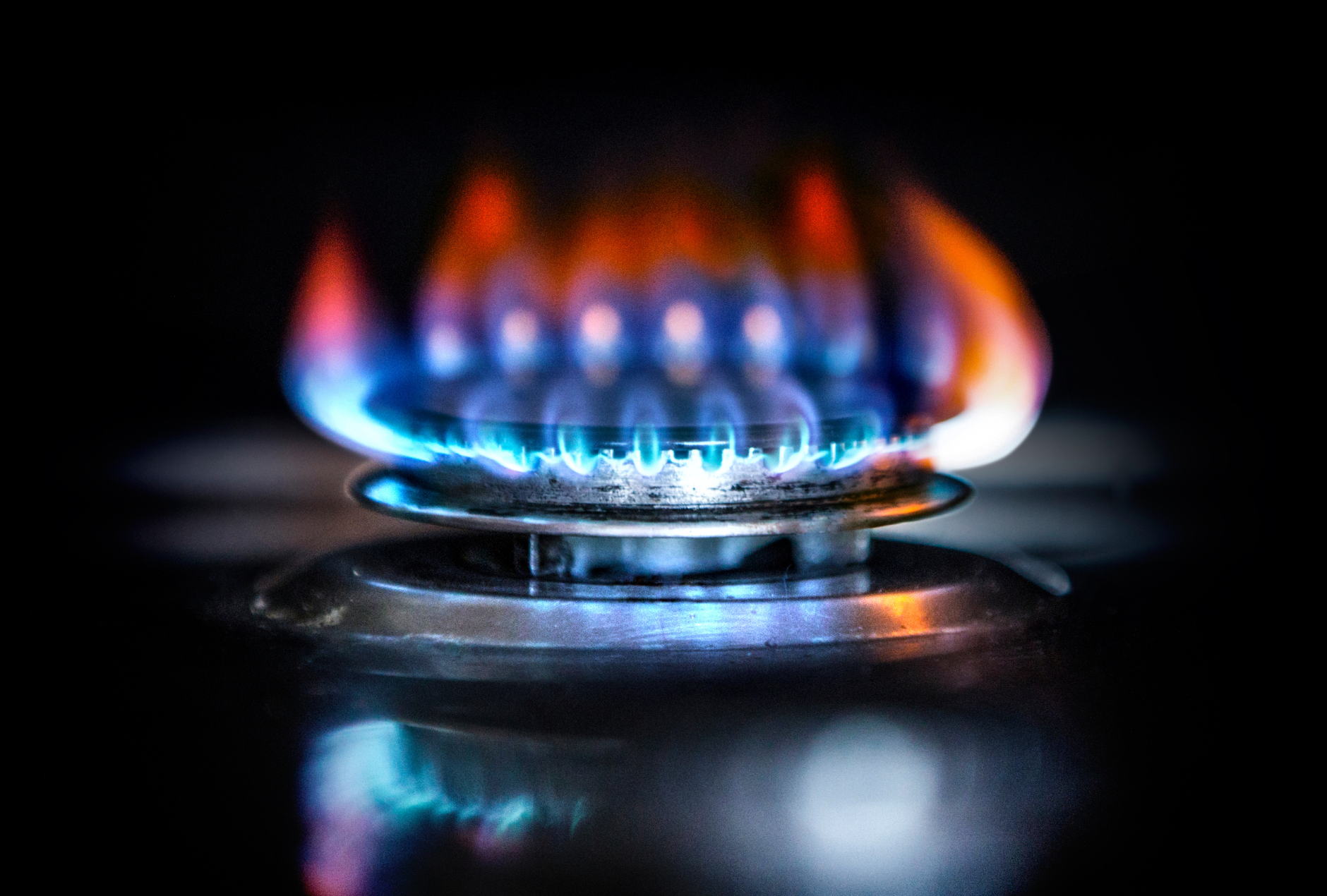
Saying Goodbye To Gas
Reading Time: 2 minutes
As we move towards a more sustainable and environmentally conscious future, the idea of transitioning from gas to electricity for our household appliances and vehicles is becoming a hot topic of conversation. But why exactly should we say goodbye to gas? In this post, we’ll dive into the reasons, benefits, and steps to making the shift to a fully electric home.
1. Why we are Saying Goodbye to Gas.
- Environmental Impact: Gas, particularly natural gas, is a fossil fuel. While it might be considered cleaner than coal, it still emits carbon dioxide (CO2) when burned. These emissions contribute to global warming and climate change.
- Health Concerns: Combustion of gas releases harmful pollutants, including nitrogen oxides and particulates. These can aggravate respiratory conditions and contribute to poor air quality. Gas leaks, although rare, can be dangerous and even fatal if not addressed promptly.
- Finite Resource: Natural gas is non-renewable, meaning there’s a limited supply. Eventually, as with all fossil fuels, it will run out or become too expensive to extract.
2. Why Electricity is Better.
- Flexibility: Electricity can be generated from various sources, including renewable ones like solar, wind, and hydroelectric. This allows for a range of power sources, making our energy grid more resilient.
- Cleaner: If produced from renewable sources, electricity generation can have a zero-carbon footprint. Even when derived from non-renewables, advancements in technology are making electric generation increasingly efficient and less polluting.
3. Will Electric Appliances Save You Money?
- Operational Efficiency: Electric appliances operate more efficiently than their gas counterparts – such as Hot Water Heat Pumps. This can lead to substantial cost savings and a big reduction in energy bills.
- Maintenance Costs: Electric appliances usually have fewer moving parts, leading to potentially lower maintenance costs and longer appliance lifespans.
- Future Proof: As the world moves towards electricity, the infrastructure will increasingly support it. This might lead to more incentives, tax breaks, or rebates for electric appliance owners.
4. Can You Update Single Appliances One at a Time?
Absolutely. While it might seem daunting to overhaul an entire household, transitioning can be a step-by-step process. You can start by replacing a gas stove with an induction cooktop, or a gas water heater with a Hot Water Heat Pump.
5. How Do You Get Started?
- Plan: Start by listing out all your gas appliances. Rank them based on age, efficiency, and how often they’re used. This can help you prioritise which ones to replace first.
- Research: Investigate electric alternatives for each appliance.
- Speak with industry experts: You may be eligible for government rebates for transitioning to electric appliances. Speak to companies who can help you understand your eligibility better.





